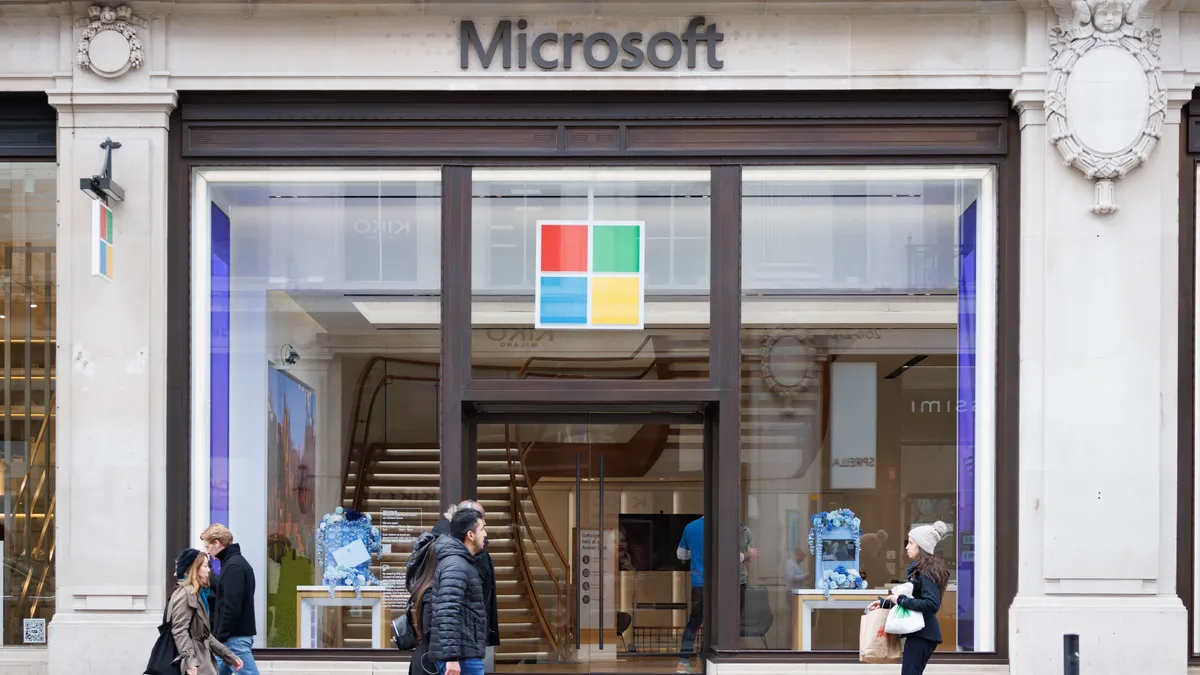Dive Brief:
- Enterprises can purchase access to Microsoft’s 365 Copilot starting Nov. 1, the company announced Thursday at an event in New York.
- First announced in March, the tool will allow workers to ask questions and receive responses based on their emails, meetings, chats, documents and other content within Microsoft’s apps, including Excel, Outlook, Teams and PowerPoint.
- Tens of thousands of enterprise users have already accessed the tool via Microsoft’s Early Access Program, including Visa, General Motors, KPMG and Lumen Technologies, the company said.
Dive Insight:
In a year marked by generative AI craze and doubt, vendors’ tools and integrations are finally coming to fruition — or at least moving closer to general availability.
Earlier this week, Google rolled out a feature that allows customers to use its Bard model in Gmail, Docs and Drive. Bard’s expansion to workplace tools was first teased in April. The tool can locate and summarize files as well as pull relevant information from email threads, similar to Microsoft’s 365 Copilot capabilities.
Microsoft’s generative AI strategy this year has consisted of quickly embedding the tool across its suite of products, but most of the tools haven’t been generally available to enterprises. Bing Chat Enterprise, first introduced as Business Chat in March, for example, will be available to customers through Copilot in November.
There’s a reason for the delay. ChatGPT skyrocketed to fame at the end of 2022, showcasing the potential of the technology with a free platform. However, tools meant for enterprise use needed a host of guardrails before proving valuable.
More than half of CIOs are exploring generative AI tools like ChatGPT or Midjourney, but are waiting for professional tools with oversight for implementation purposes, according to Info-Tech Research Group data.
The push toward embedding generative AI in tools hasn’t been without hiccups.
Zoom faced criticism in August related to its policy language surrounding customer data and AI model training, which illustrated a tension between bolstering vendor offerings and privacy. Microsoft addressed one gray area surrounding outputs generated by AI and copyright claims earlier this month, stating the company will take responsibility for legal repercussions of using its tool.
Even with regulatory questions lingering, technology leaders are concerned that waiting to deploy generative AI will give competitors an edge. Ultimately, companies don’t want to fall behind in a race some executives and analysts compare to the Internet boom.














